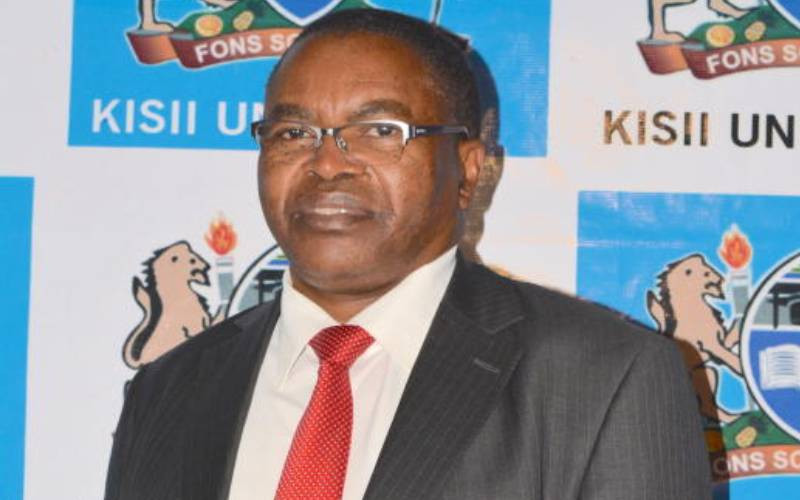×
The Standard e-Paper
Kenya’s Boldest Voice

Public universities are yet to pay their staff August salaries after it emerged that the institutions are yet to receive their monthly capitation from the government.
Correspondence seen by The Saturday Standard in select public universities reveals that management of the institutions are unable to settle August salaries.